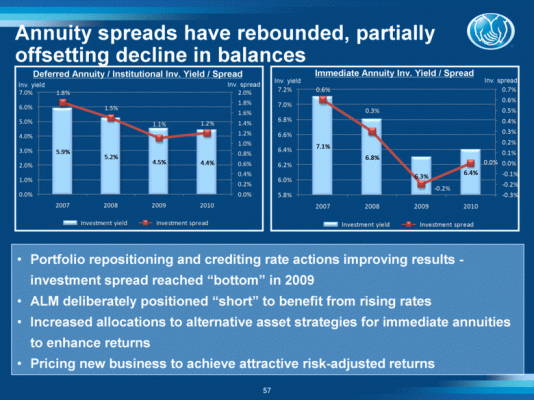EvrClrx311
Full time employment: Posting here.
- Joined
- Feb 8, 2012
- Messages
- 648
Not really. You can't predict to begin with. At least historically, the 4% SWR rule means you had a 95% chance of success over 30 years no matter when you retired from 1871 thru 2011 (FIRECALC) even if you blindly withdrew inflation adjusted/constant spending. Trying to time market peaks/troughs is not part of the calculus.
The reason people question 4.15% now is because the market has done some things recently outside the 150 year 'norm'
The whole idea behind the rule was to find a target that was safe under all known previous conditions, but we'll never know if the future is an outlier that we've never seen, so it is impossible to answer with 100% certainty. What we can do is get to 98% or 99% probabilities... and what I'm suggesting is that your odds of having a better path ahead are drastically increased if the recent market behind you is bad... not good. Makes perfect sense logically, but in practice most people do the opposite. They pull the plug when they feel most confident, when the market has been rising.
This can be demonstrated with some simple charts that I made a few years ago but am missing the link right now. If you look at every 15 year period in history where the market performed worse than average... the following 30 years were better than the historical 30 year average. If you look at every 15 year period where the market has performed better than average, the following 30 year period performed worse than the historical average. There is an inverse correlation between how equities will do moving forward compared to how they've done in the not so distant past. Regression to the mean. Equities want to straddle a linear path... if they've done really well recently, they'll want to fall back to their long term path. And vice versa.
If markets drop over the next 18 months, 2000-2015 just might end up as the worst 15 year period of performance in equity history. If so, there is a very high probability that 2015-2045 will be one of the best 30 year periods we've ever seen. Not guaranteed, just a very strong bias towards it when looking at history.
Two enduring constants:
A) History tends to repeat itself...
B) There is never a shortage of people suggesting why 'this time' it won't (not suggesting you are one of them; just a generality of the masses/media)
Last edited:

